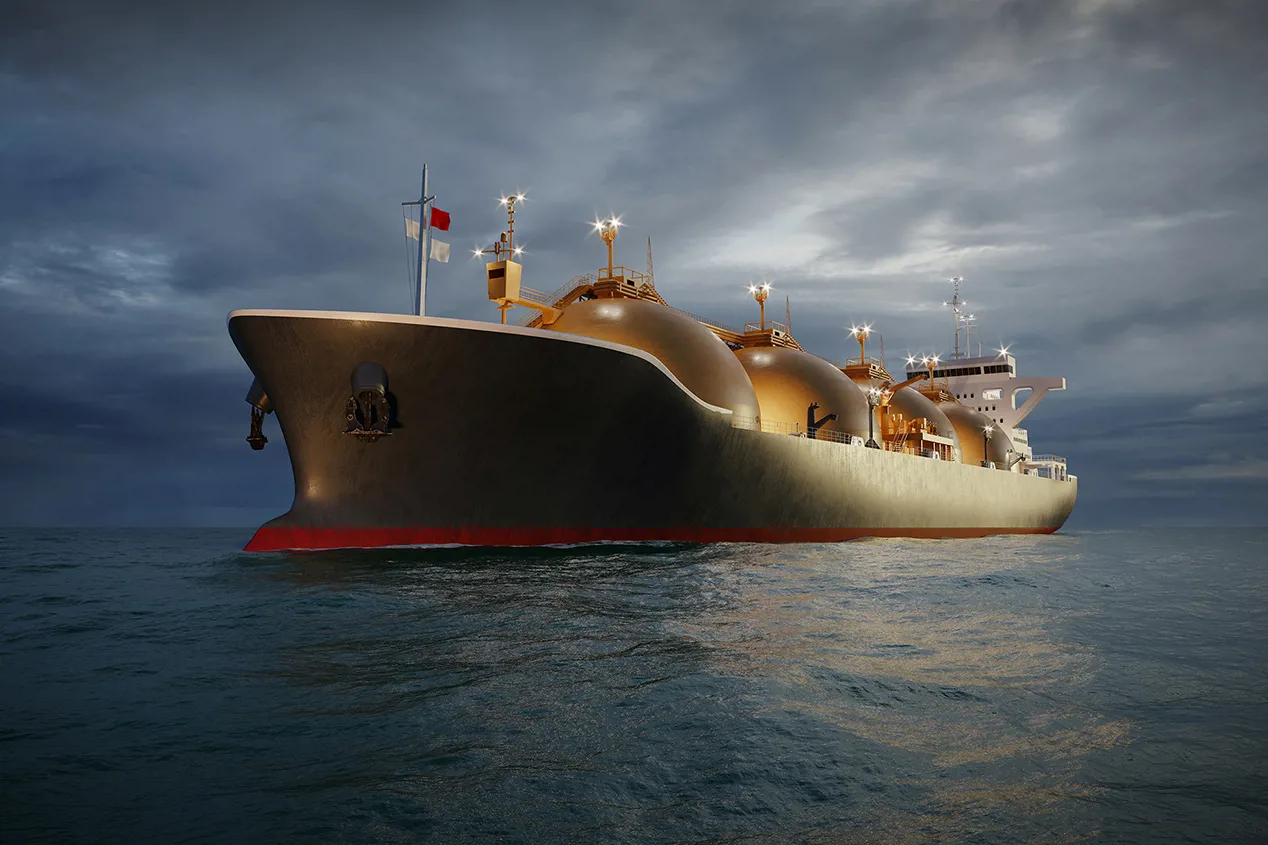
What are the carbon storage awards and what does it mean for shipping?
In 2019, the UK government committed to a 100% reduction in greenhouse gas emissions by 2050 compared to 1990 levels. This net zero target, aimed at tackling climate change, has prompted significant developments in the country’s carbon capture and storage (CCS) efforts. In September 2022, the latest round of NSTA licence applications closed, with the details of awarded licences confirmed in September 2023.

Cheers for Dutch CCS Project FID
There were cheers, literally, from the audience at the recent Carbon Capture & Storage Association (CCSA) conference in London when news broke that midstream player Gasunie and its fellow Dutch state-controlled partners had taken FID on the E1.3 billion Porthos CO2 transport and storage venture, the most advanced carbon sequestration project in the Netherlands.

Emerging Players and Projects in UK Carbon Storage
In September 2022, the most recent round of NSTA licence applications closed. Reports have been circulating since late this spring about the likely awardees, but it was only a year later, in September 2023, that details were finally confirmed.

Clarksons joins CCSA to help drive CO2 shipping solutions and evolution of the sector
We’re pleased to announce that Clarksons is now a member of the Carbon Capture & Storage Association (CCSA). With a growing decarbonisation drive, CO2 is coming into much greater focus for the Clarksons Gases division, which has been at the forefront of LPG, LNG, Ammonia, and Petrochemical Gas shipping for more than five decades.
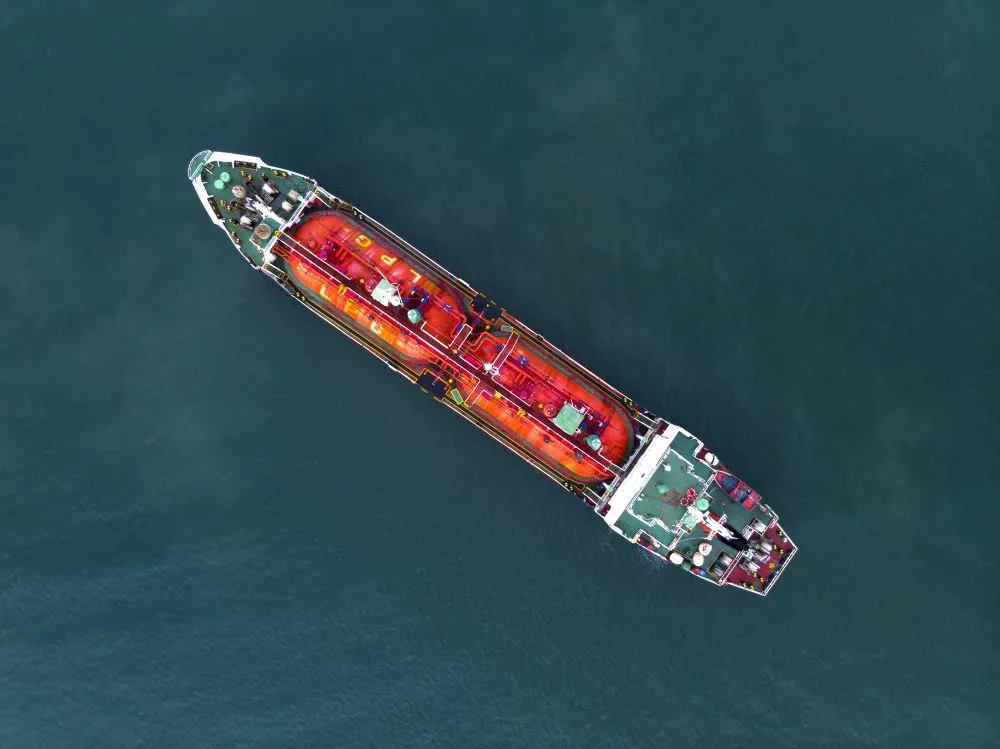
Seaborne transportation of CO₂ lies in the hands of the politicians
Why understanding and monitoring political aspects is crucial for CCS projects...
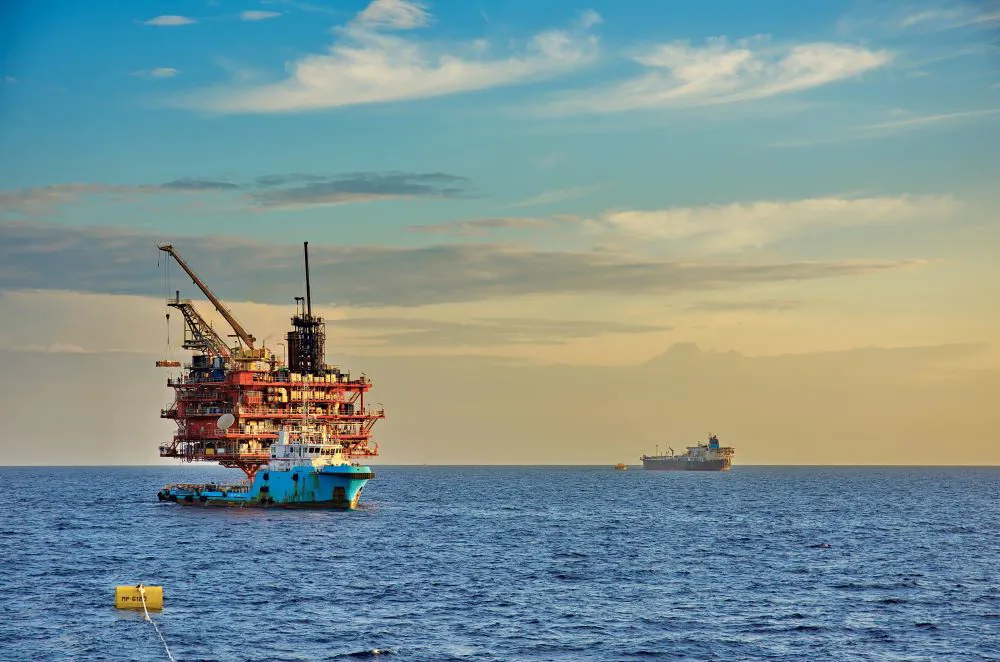
How can we mitigate the commercial risks associated with the speculative construction of liquefied CO₂ carriers?
Having previously identified the commercial risks associated with the speculative construction of liquefied CO₂ carriers, this article dives deeper, examining what can be done to mitigate some of these risks...
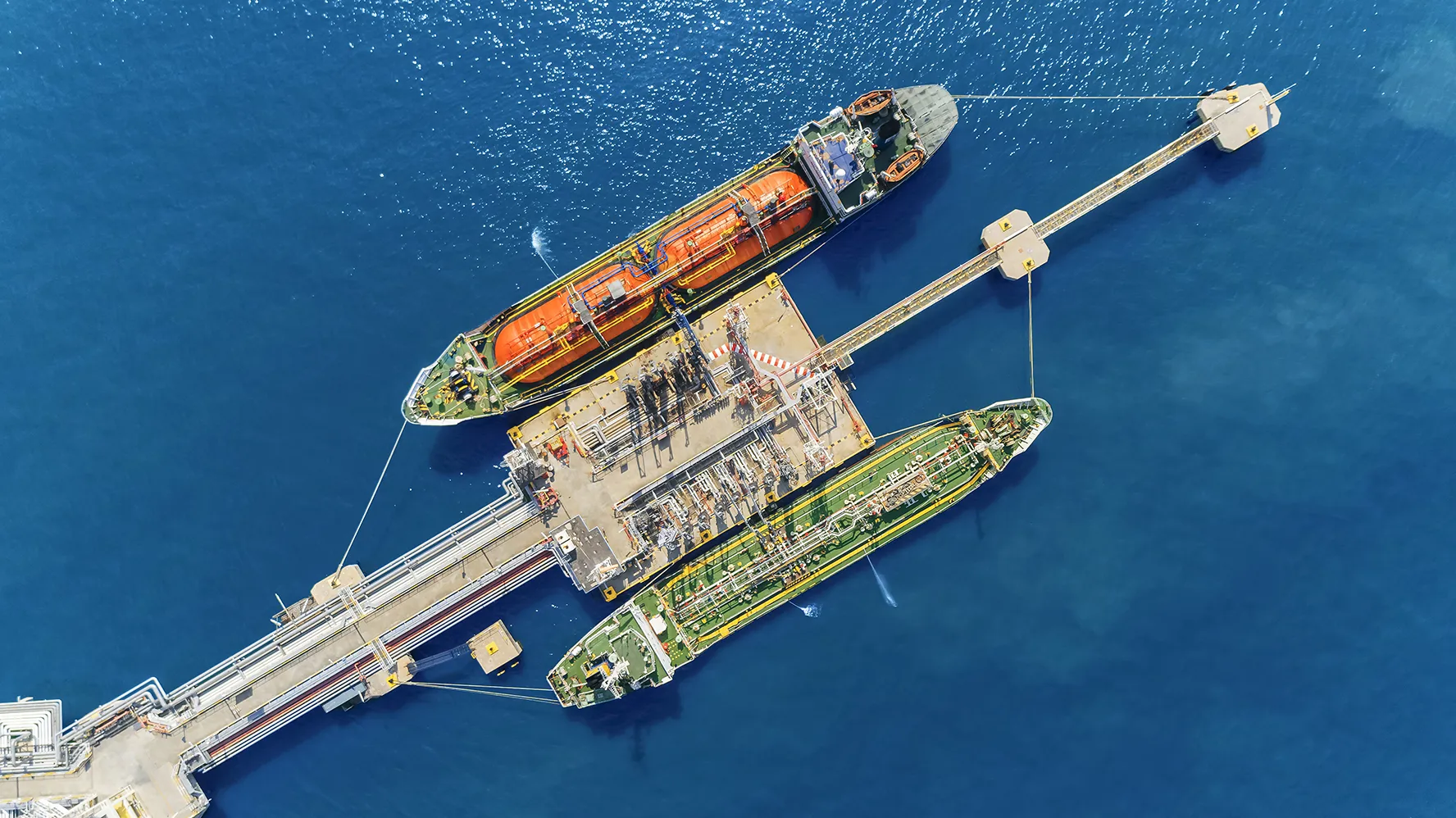
Investigating the vessels used for CO2 shipping
With no real precedent to go by, the size of LCO2 vessels for projected European movements have been crystallising around the 20,000 cubic meters (cbm) mark. But at Clarksons, we believe there could be other possibilities to consider...

Looking ahead: The outlook for ammonia freight rates
As we approached the end of 2022, ammonia prices were at an all-time high and the market was enjoying a forward momentum that it seemed nothing could temper. High natural gas prices had forced production cutbacks, the war in Ukraine was causing further supply issues and success was coming easy to newcomers who found the market easy to make money in.
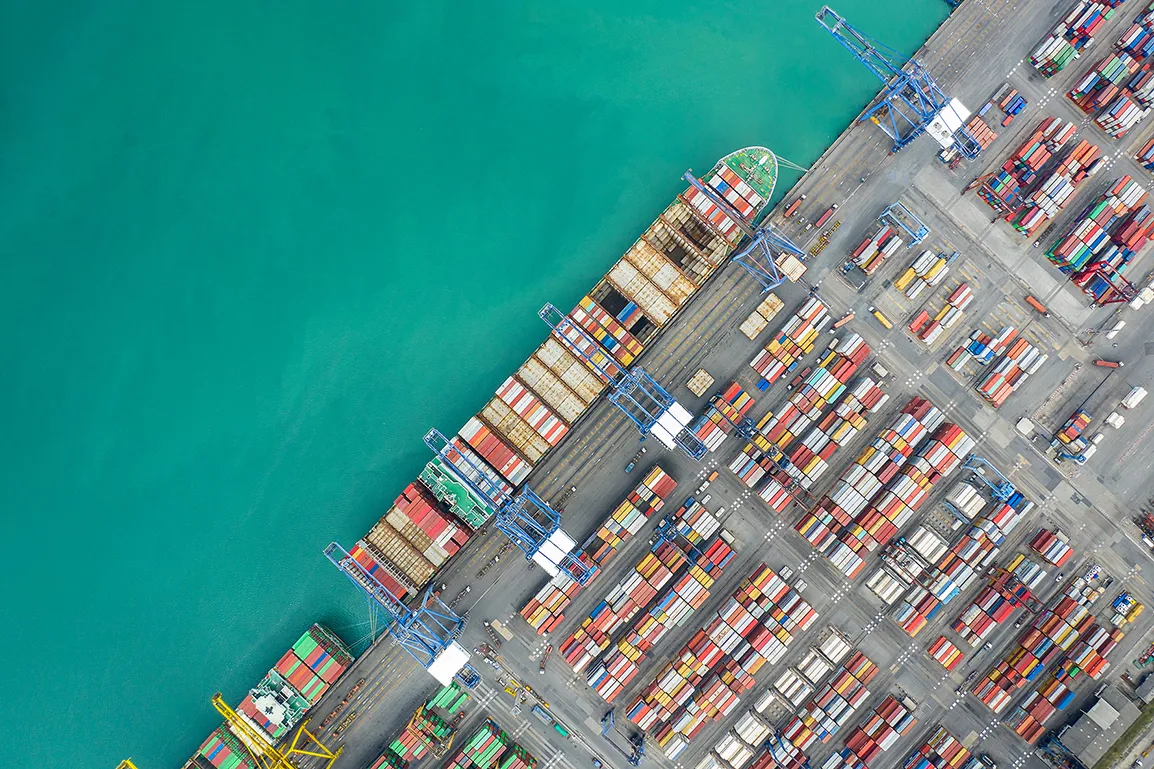
Offshore CCS in the UK and Europe – Two steps forward, one step back?
The drive to store waste CO₂ emissions is growing as we edge ever closer to decarbonisation deadlines. But the journey appears to be far from smooth. Whilst Northwest Europe is certainly at the leading edge of offshore storage developments, bureaucracy and politics appear to be hampering efforts. In this article, we look at what point some projects might begin to falter and run out of momentum, as well as investigating whether this emerging market is showing signs of becoming competitive.

Is the tide turning for ammonia freight rates?
Heading towards the end of 2022, high natural gas prices had forced ammonia production cutbacks and the Ukraine conflict was further exacerbating supply. As a result, prices were driven to all-time highs. However, since entering 2023, we’ve seen European natural gas prices drop below last year’s average. In this article, we examine what this means for ammonia freight rates going forward.
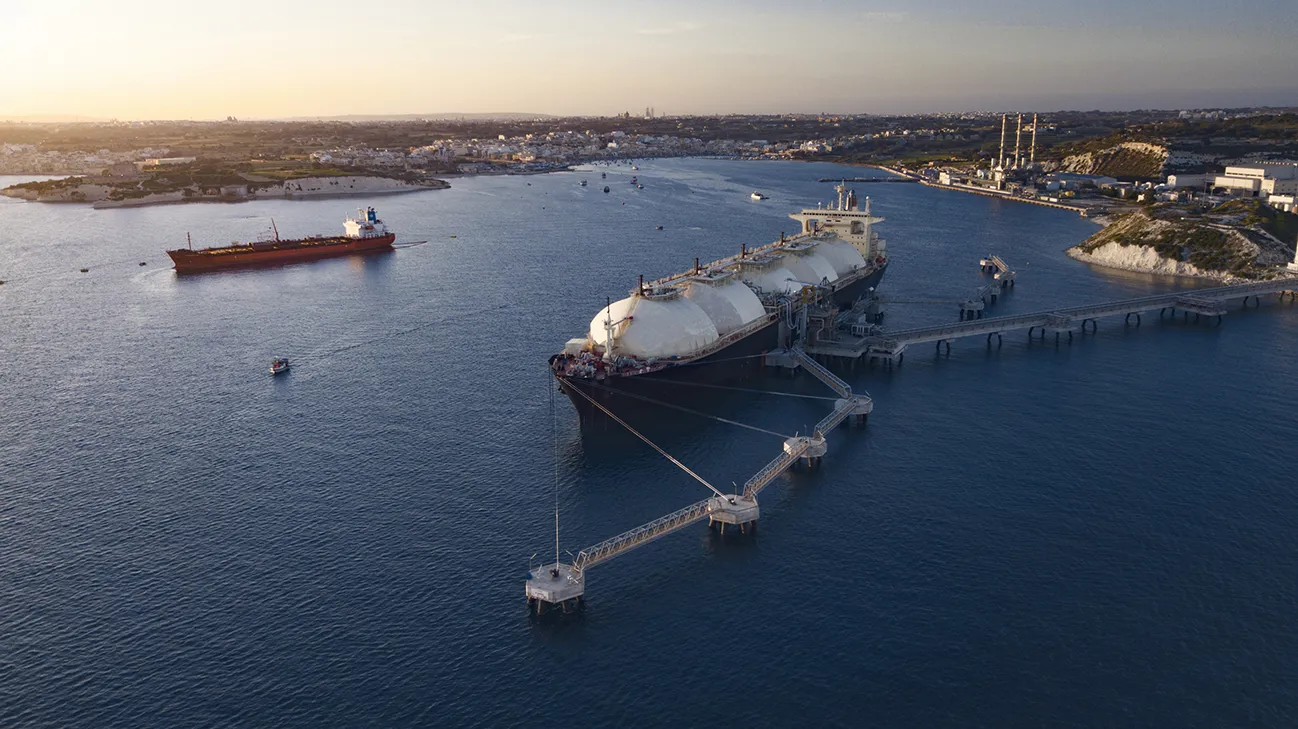
Offshore carbon storage: Europe leads the way, but will Asia soon catch up?
While Europe is currently the front-runner in terms of offshore carbon storage, significant developments in other parts of the globe could potentially change this in coming years. In this article, we compare offshore carbon storage developments across Europe with those occurring in Asia Pacific.
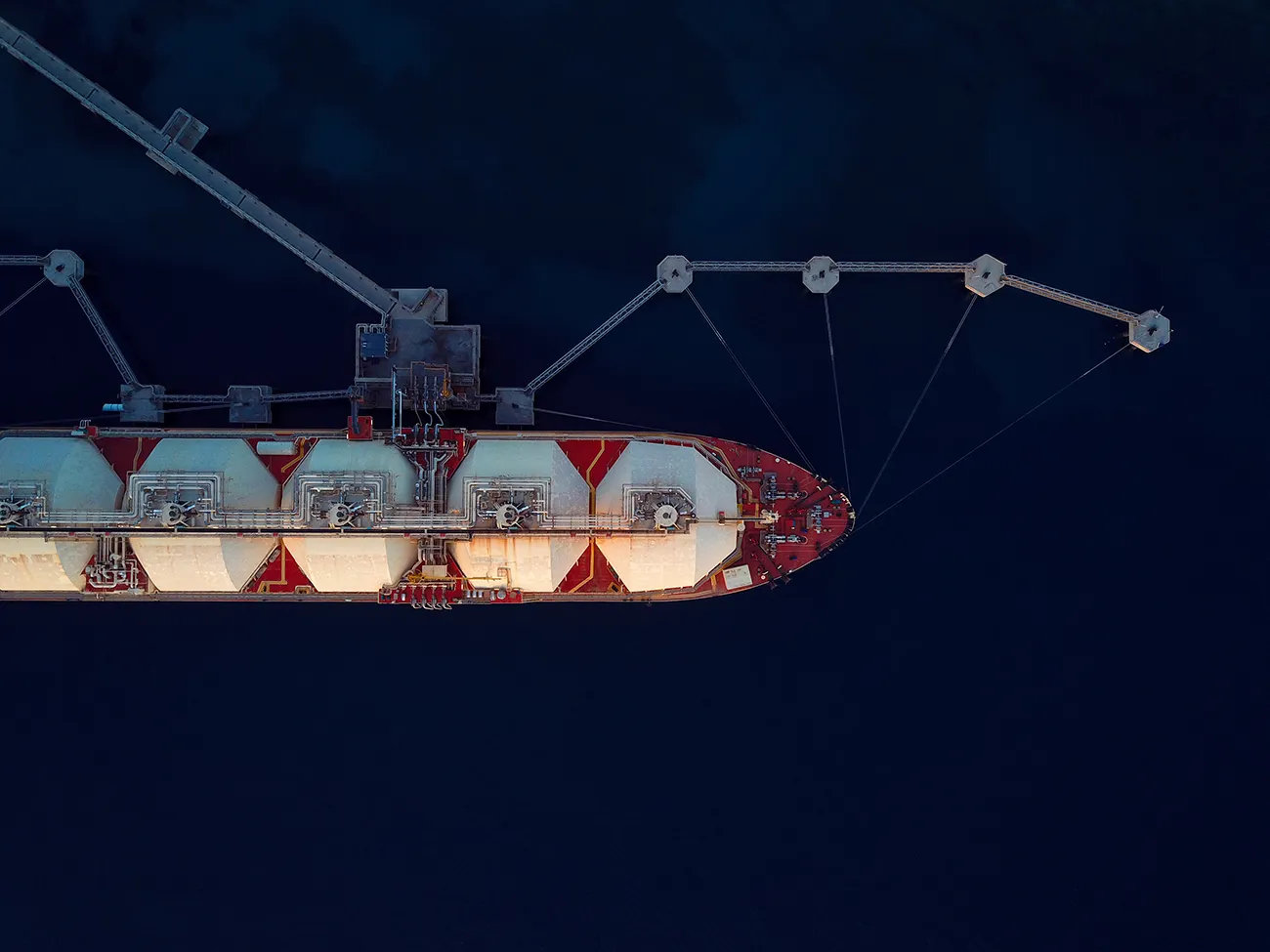
First official UK carbon storage application round closes
To date, only six CO₂ storage sites in the UK have had licences granted, however none of them are currently being used for storage. Given the exponential growth in the number of companies looking to enter the CCS sector, storage is becoming increasingly important, and this heightened demand has triggered growing momentum to not only use existing sites, but also create additional new areas.

